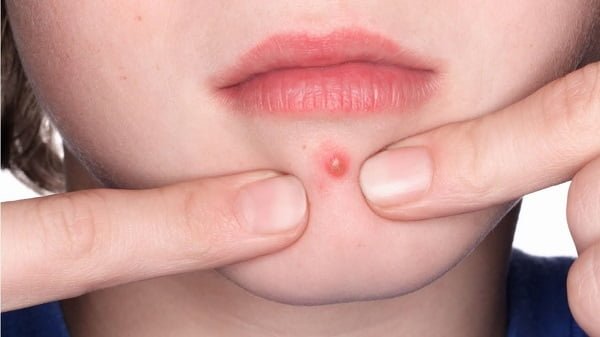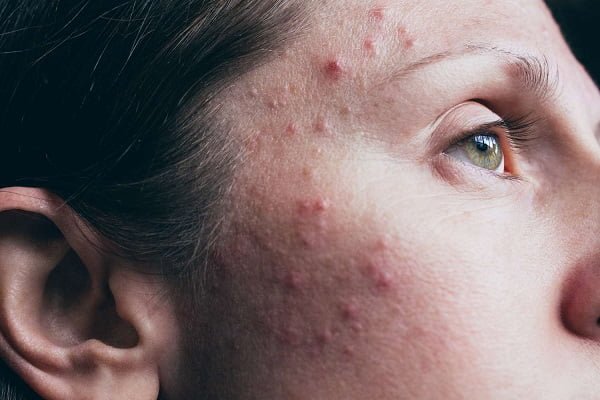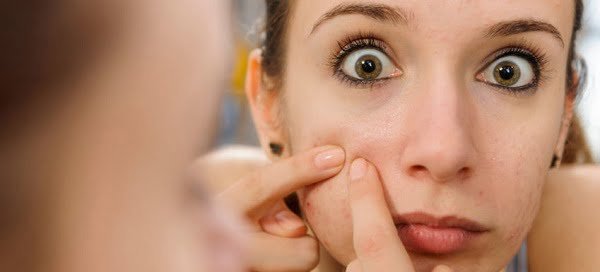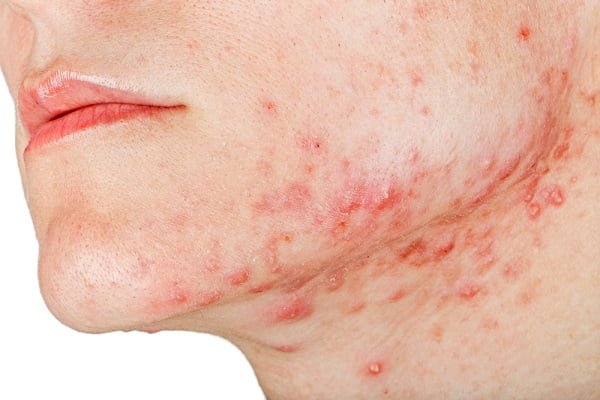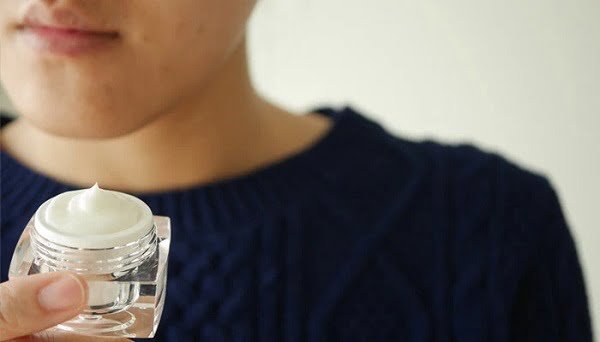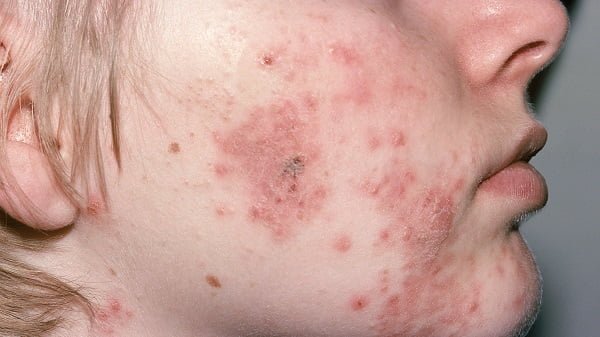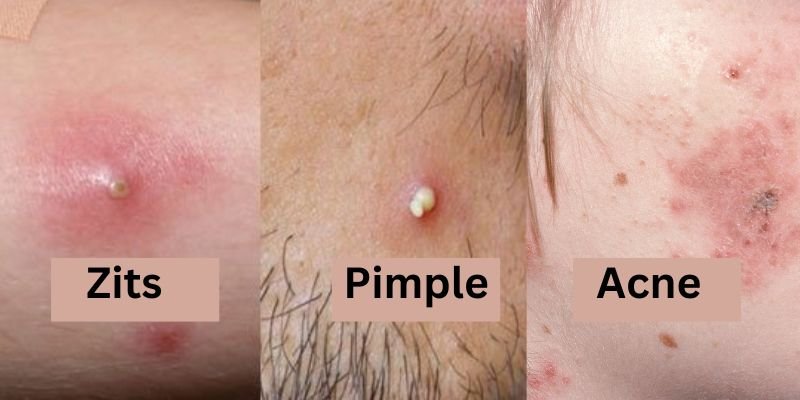Introduction
Acne is a common skin condition that affects millions of people worldwide, causing distress and frustration. One of the most debated topics surrounding acne is whether popping pimples can lead to the spread of acne. This article aims to dissect this myth and shed light on the truth behind whether acne spreads if popped. Furthermore, we’ll explore the efficacy of modern skincare solutions like pimple patches and their role in managing specific types of acne.
The Temptation to Pop Pimples:
When faced with a pesky pimple, the temptation to pop it can be overwhelming. Many people believe that popping a pimple can help it heal faster or reduce its size. However, this notion is often misguided and can lead to adverse consequences.
Does Acne Spread If Popped?
Now, let’s address the burning question: Does acne spread if popped? The short answer is yes and no. Allow me to explain.
Yes, Acne Can Spread:
When you pop a pimple, you’re essentially introducing bacteria from your fingers or nails into the blemish and surrounding skin. This can lead to the spread of bacteria, causing inflammation and potentially triggering the formation of new pimples in the area. Why Am I Getting Cystic Acne All Of A Sudden? Additionally, popping a pimple improperly can rupture the follicle wall, pushing bacteria and debris deeper into the skin, which may result in more severe forms of acne such as nodules or cysts.
No, Acne Doesn’t Always Spread:
On the other hand, not all instances of popping pimples lead to the spread of acne. If done correctly and hygienically, gently extracting the contents of a pimple can help speed up its healing process. This is particularly true for whiteheads and blackheads, which are non-inflammatory lesions containing trapped sebum and dead skin cells. Proper extraction can relieve pressure and reduce inflammation, promoting faster resolution of the blemish.
Best Practices for Popping Pimples:
If you must pop a pimple, it’s essential to do so carefully to minimize the risk of spreading acne. Here are some tips to follow:
- Wash your hands thoroughly with soap and water before touching your face.
- Use a clean, sterilized tool such as a comedone extractor or sterile needle.
- Gently pierce the pimple’s surface, avoiding excessive pressure.
- Apply gentle pressure around the blemish to extract its contents.
- Cleanse the area with a mild, non-comedogenic cleanser after extraction.
- Apply a spot treatment containing ingredients like benzoyl peroxide or salicylic acid to aid in healing.
Benefits of Medical Acne Popping:
- Reduced Risk of Complications: Medical acne popping is performed under sterile conditions by trained professionals, minimizing the risk of infection, scarring, and further inflammation.
- Improved Healing: Proper extraction techniques ensure thorough removal of the pimple’s contents, allowing the skin to heal more quickly and reducing the likelihood of recurrence.
- Prevents Self-inflicted Damage: Seeking professional treatment for acne popping discourages individuals from attempting to pop pimples at home, where improper techniques can lead to adverse outcomes.
When to Seek Medical Help:
While medical acne popping can be beneficial, it’s not always necessary for every pimple. Here are some indications that you should seek medical help for acne extraction:
- Persistent or Severe Acne: If you’re struggling with persistent or severe acne that doesn’t respond to over-the-counter treatments, consulting a dermatologist is advisable.
- Deep or Cystic Lesions: Deep, cystic, or nodular acne lesions should be handled by a medical professional to minimize the risk of complications.
- Risk of Scarring: Individuals prone to scarring or with a history of keloids should avoid attempting to pop pimples at home and instead opt for professional treatment.
Conclusion:
In conclusion, the belief that acne always spreads if popped is a myth, but it’s not entirely unfounded. While popping pimples can sometimes lead to the spread of acne, it’s not a guaranteed outcome. Proper technique, hygiene, and discretion are essential when dealing with acne blemishes. When in doubt, it’s best to leave stubborn pimples alone and seek professional advice from a dermatologist. Remember, patience and consistency are key to managing acne effectively and minimizing the risk of spreading it further.
Faq related to "Does acne spread if popped"
Popping acne can potentially cause it to spread if not done correctly. When a pimple is popped, bacteria and debris from the blemish can spread to surrounding skin, leading to inflammation and the formation of new pimples.
The risks of popping acne include the spread of bacteria, increased inflammation, potential scarring, and the development of more severe forms of acne such as nodules or cysts. Popping acne improperly can also damage the skin’s barrier and lead to secondary infections.
In some cases, popping acne may be acceptable if done correctly and hygienically. For example, gently extracting the contents of a whitehead or blackhead using sterile tools can help expedite healing. However, it’s essential to exercise caution and avoid popping inflamed or deep-seated lesions.
If you choose to pop acne at home, it’s crucial to follow proper technique. Start by washing your hands thoroughly and cleansing the affected area. Use a sterile comedone extractor or needle to create a small opening in the pimple, then apply gentle pressure to extract its contents. Afterward, cleanse the area again and apply a spot treatment containing ingredients like benzoyl peroxide or salicylic acid.
If you notice that your acne has spread after popping a pimple, it’s essential to practice good skincare hygiene to prevent further inflammation and infection. Avoid touching or picking at the affected area, and continue using acne treatments as directed. If the spread of acne persists or worsens, consult a dermatologist for professional advice and treatment.
Yes, there are several ways to prevent acne from spreading without popping it. These include maintaining a consistent skincare routine, using non-comedogenic products, avoiding touching or picking at your face, and seeking professional treatment for stubborn or severe acne.
In general, it’s usually best to leave acne alone and allow it to heal naturally, especially if it’s not causing discomfort or affecting your confidence. Attempting to pop acne can sometimes do more harm than good, leading to further inflammation, scarring, and the spread of bacteria.
The healing time for acne after popping can vary depending on factors such as the type and severity of the blemish, how it was popped, and individual skin characteristics. In general, it may take several days to a week or more for a popped pimple to heal completely. Consistent skincare and proper wound care can help expedite the healing process.
If you’re struggling to manage acne on your own or if it’s causing significant distress or impacting your quality of life, it’s a good idea to see a dermatologist for professional evaluation and treatment. A dermatologist can assess your skin condition, recommend appropriate skincare products, and provide tailored treatment options to help control acne and prevent further spread.

